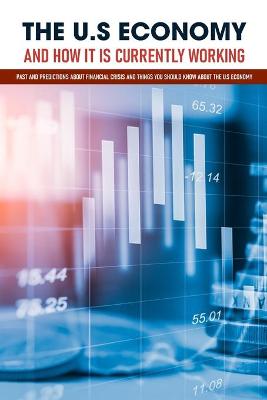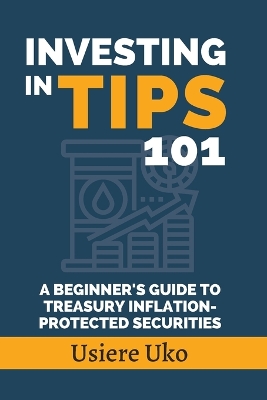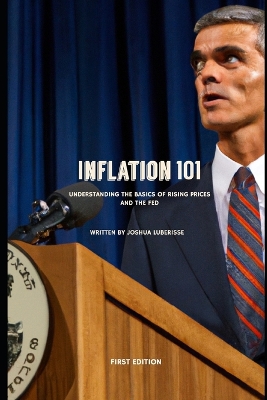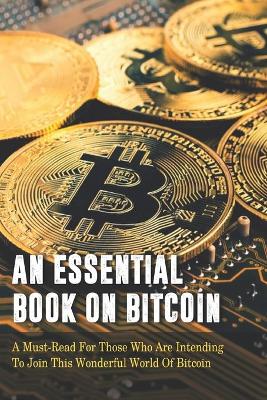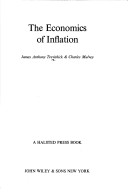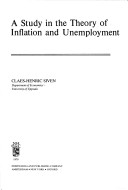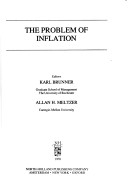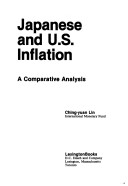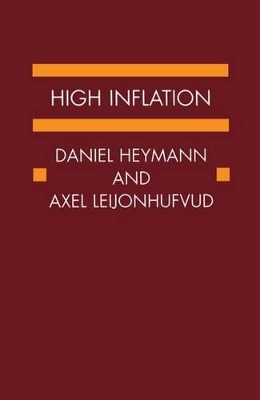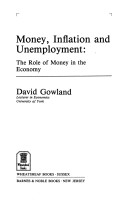This book presents a comprehensive study of the most famous and spectacular instance of inflation in modern industrial society--that in Germany during and following World War I. A broad, probing narrative, this book studies inflation as a strategy of social pacification and economic reconstruction and as a mechanism for escaping domestic and international indebtedness. The Great Disorder is a study of German society under the tension of inflation and hyperinflation, and it explores the ways in w...
Essays on Money and Inflation (Studies in Inflation)
by D E W Laidler and David E Laidler
Taming the Tiger (Hobart Papers)
by Richard Jackman and Kurt Klappholz
Inflation and Employment in Open Economies (Studies in International Economics)
Unemployment Versus Inflation? (Occasional Paper)
by Milton Friedman and David Laidler
This book looks at very high inflations, exemplified by those suffered by Argentina, Bolivia, Brazil, Israel, Mexico, and Peru in the eighties and by the Soviet Union today. The authors argue that a better grasp of high inflation processes is necessary in order for countries intricated in it to design stabilization strategies. The extremes of monetary instability can also give a clearer picture of the purpose that money and financial institutions serve under more normal circumstances, thus deepe...
Inflation, Income Distribution and X-Efficiency Theory
by Harvey Leibenstein
The debate about the impact of money on unemployment and inflation is both highly controversial and crucially important to economic management in a modern economy. This book presents a critical up-to-date evaluation of the debate concerning the role of money and monetary policy in a modern economy. The book is particularly useful in that it demonstrates the relevance of monetary theory to debates about economic policy in the U.K. and the U.S. Moreover, it makes some normally complex areas of mon...



